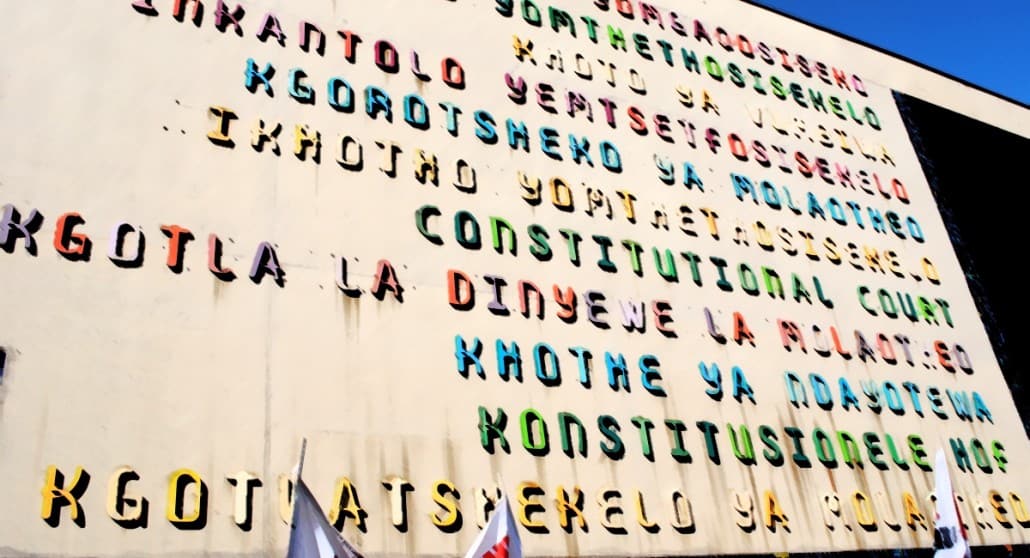By David Lewis
First published in City Press
A grouping of civil society organisations has called on the public to demonstrate its outrage at escalating levels of corruption by joining marches on the Union Buildings and Parliament on Wednesday.
As with so many other acts of malfeasance and maladministration, it is the poor and vulnerable who mostly bear the cost of corruption. Corruption deters investment and undermines desperately needed job creation. The organisers have drafted a set of demands – with practical and realisable measures to combat corruption. These are:
Action
We demand that action against corruption prioritise those government departments responsible for providing basic goods and services, and for protecting fundamental human rights.
These are identified as healthcare, education, transport, housing, policing, and refugee and immigration services. It is the poor and vulnerable who rely on the public provision of these basic goods and services.
As a first-order priority, we want to see corruption eliminated in these sectors. Corruption thrives where government is not accountable and public affairs are conducted in a non-transparent manner.
Transparency and accountability
We demand the promotion of transparency and accountability. Concrete demands include making public the sources of party-political funding, setting up speedy mechanisms for resolving disputes concerning requests for access to information and a disarmingly simple, but potentially highly effective, requirement that all public officials wear name tags when on duty.
The mere thought that the victims of corruption will know the names of the perpetrators will significantly reduce petty corruption.
Policing and protection
We demand that the appointment of the commissioner and deputy commissioners of police, and the head and deputy heads of the National Prosecuting Authority, be made not by the president alone, but by a collective body in which civil society is represented.
We also demand that public officials dismissed for corrupt conduct be blacklisted from other employment in the public sector and that anyone with a criminal record be disqualified from employment in the police and prosecutorial services.
Protection of whistle-blowers
Protection of those in the vanguard of the struggle against corruption must be extended from the current limited protection of employment-related victimisation.
We want protection extended to former employees, suppliers, customers and ordinary citizens, all of whom are vital sources of information about corruption and are subject to various forms of victimisation for their bravery.
We want it to be clearly acknowledged that the findings of the Public Protector are binding and we want an undertaking that vilification of, and contempt for, the Public Protector will be met with criminal prosecution.
Targeting businesses
To compel greater disclosure from the mining sector, which is a major source of tax evasion, we want South Africa to become signatories to the Extractive Industries Transparency Initiative. We also demand that government take the necessary steps to counter tax evasion by addressing major loopholes that permit transfer pricing.
To limit illicit flows of money being laundered in South Africa, we demand a tighter regulation of the purchase of luxury assets like high-end property. We want all companies found guilty of corruption and collusion to be prohibited from tendering for government business.
Reform of procurement system
We demand that government address the massive fragmentation of procurement and introduce greater centralisation.
We demand an enforcement of the prohibition on public officials and elected representatives doing business with the state, and to partly enable enforcement of this prohibition. We demand that government requires all companies that bid for a public contract to reveal their true, beneficial ownership. We want a special tribunal to be established to speedily resolve tender disputes.
These demands are not intended to be exhaustive, but are practical and realisable. We want a point-by-point response from government and business, and we are determined to follow through on these demands.

